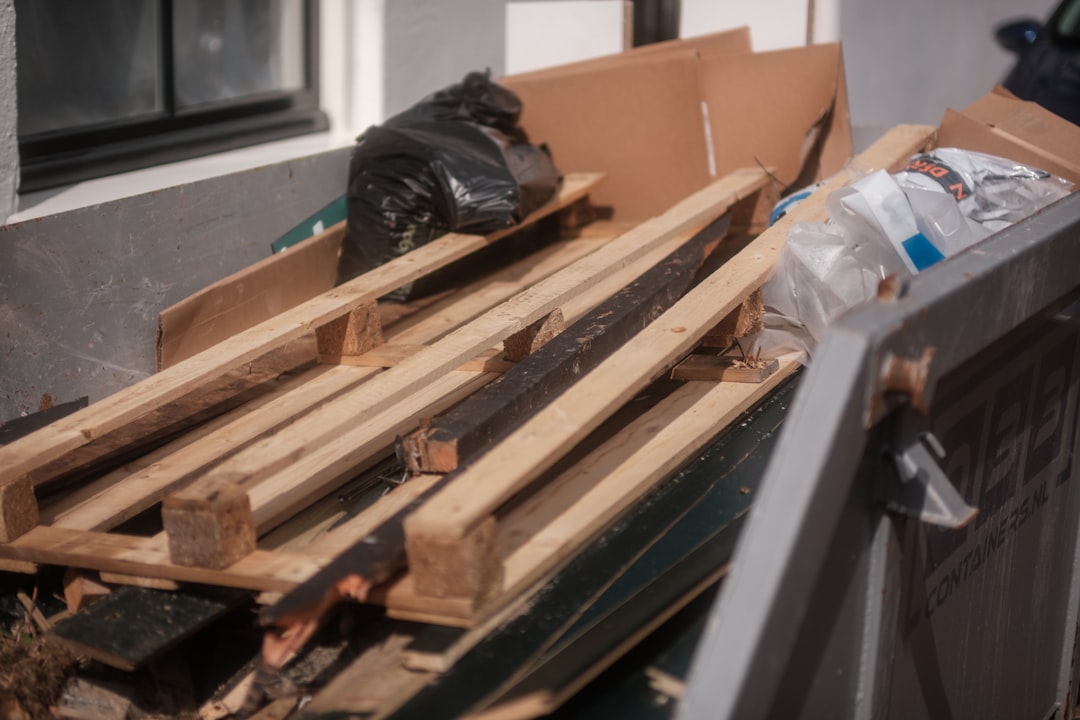CountBricks Cost Guide: How Much to Install Baseboards
Price source: Costs shown are derived from our proprietary U.S. construction cost database (updated continuously from contractor/bid/pricing inputs and normalization rules).
Eva Steinmetzer-Shaw
Head of Marketing
Baseboard Installation Costs: A Comprehensive Guide for Professionals
Understanding the cost to install baseboards is crucial for construction professionals managing remodels, additions, and new builds. Baseboards not only enhance aesthetics but also protect walls and conceal gaps. Accurate cost estimation is essential to avoid unexpected expenses. This guide provides a detailed breakdown of costs, ensuring you have the information needed for precise budgeting.
Current Cost Estimates Per Linear Foot
- Builder-grade MDF: $1.00–$1.40 materials only
- Primed finger-joint pine: $1.40–$1.85 materials only
- Stain-grade oak or maple: $2.50–$5.00 materials only
- Custom milled hardwoods: $4.00–$8.00 materials only
Labor costs typically range from $3.00–$8.00 per linear foot, influenced by profile complexity and finish requirements. CountBricks provides real-time estimates using up-to-date supplier pricing.
Key Cost Factors
- Material quality and profile height
- Total linear footage and corner complexity
- Demolition or retrofit vs. new construction
- Paint or stain finishing sequence
- Regional labor market and project timeline
CountBricks Cost Estimation Process
- Voice walk-through: Describe each room using a smartphone for real-time dimension capture.
- Instant blueprint takeoff: Upload plans to CountBricks for immediate wall length and corner detection.
- Live material sync: Access current pricing from local suppliers for accurate estimates.
- Task library matching: Assign appropriate labor rates for each task.
- Auto-generated quote: Receive a detailed PDF with scope notes and payment milestones.
Commonly Overlooked Costs
- Furniture moving and floor protection
- Re-scribing around uneven walls
- Extra paint coats for material changes
- HVAC and outlet adjustments
- Post-installation touch-ups
CountBricks identifies these potential costs early, allowing for informed decision-making.
Regional Pricing Insights: New York Metro
In the New York metro area, labor costs can be 18-24% higher than the national average due to logistics and regulations, with labor rates around $5.70–$9.00 per linear foot. Material costs remain stable due to large-volume suppliers.
DIY vs. Professional Installation
- DIY requires tools and time, while professionals offer expertise and efficiency.
- Professional installation reduces callbacks by 72% compared to DIY efforts.
Expert Tips for Baseboard Installation
- Order extra material to cover off-cuts.
- Pre-paint long lengths to avoid runs.
- Back-prime wood in humid areas.
- Install baseboards after flooring but before final wall coats.
- Use outlet extenders for thicker trim.
Why Choose CountBricks for Accurate Estimates
CountBricks updates supplier APIs daily, ensuring accurate quotes. Our voice-to-estimate workflow minimizes errors, with a ±3% variance between estimates and final invoices.
Next Steps
For precise baseboard installation costs, schedule a consultation at CountBricks.com. Receive a detailed cost breakdown and explore additional options like shoe molding or accent wall paneling.
Case Study: Brooklyn Brownstone Baseboard Installation
A client with a 1902 Brooklyn brownstone required baseboard replacement for 630 linear feet. The project involved historic coving and narrow stairwells, increasing complexity. Using CountBricks, the client completed a voice walk-through in under seven minutes.
Project Highlights
- Custom 1x7 poplar profile matched original moldings.
- Labor cost at $5.70 per linear foot for master carpenters.
- Lead-safe practices and daily HEPA cleaning.
- Two-part primer and low-VOC enamel for children's rooms.
- Total cost: $8,960. Final invoice: $9,180 (2.5% variance due to radiator cutouts).
Lessons Learned
- Accurate corner counts saved time and resources.
- Real-time pricing protected the budget from material cost increases.
- Transparent change orders maintained project timelines.
Additional Services
- Integrated paint scheduling
- Moisture monitoring for humid climates
- Smart home baseboard races for hidden cabling
CountBricks combines AI technology with craftsmanship for precise baseboard installation. Visit CountBricks.com to explore our services.

